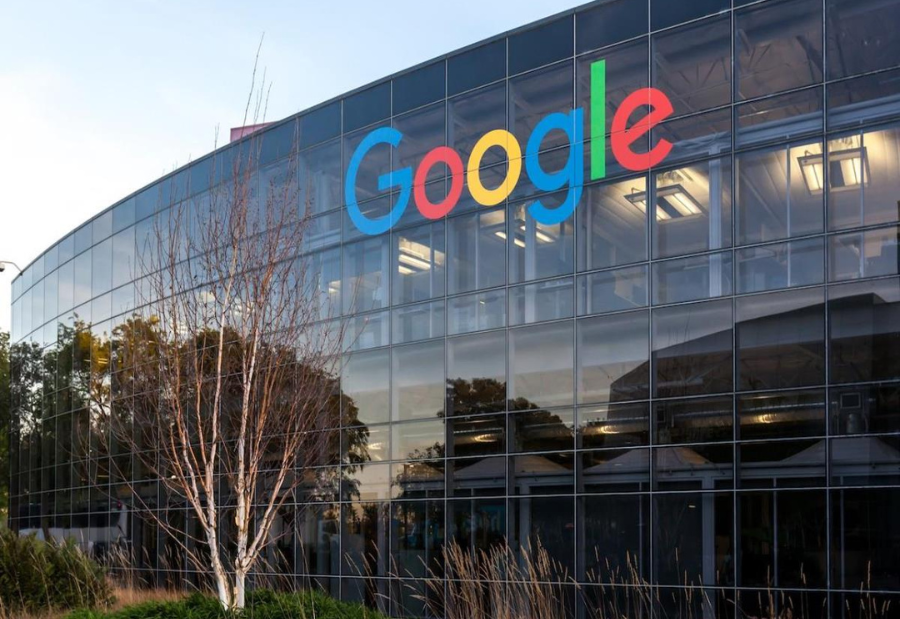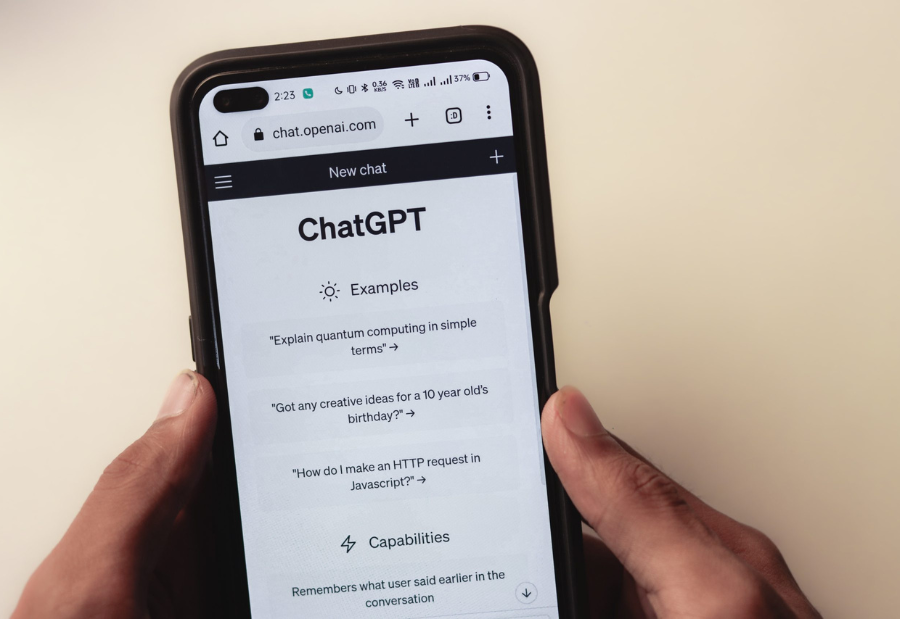Google has announced a major commitment of $1 billion over the next three years to support artificial intelligence training and tools for higher education institutions and nonprofits in the United States. The initiative aims to equip students and researchers with the resources needed to work with AI technologies.
So far, more than 100 universities across the country have joined the programme. This includes some of the largest public university systems, such as Texas A&M and the University of North Carolina. These institutions may receive cash support and access to resources like cloud computing credits, which can be used for student training and academic research in AI.
The total commitment also includes the value of premium AI tools. Google plans to offer college students free access to paid versions of tools such as its advanced Gemini chatbot. The company hopes to eventually extend this initiative to every accredited nonprofit college in the United States and is exploring similar efforts in other countries.
Senior Vice President James Manyika shared that while Google has not disclosed how much of the funding will go directly to external institutions, the commitment also covers Google’s own costs for cloud services and AI subscriptions.
This announcement follows similar moves by other major technology companies that are also investing in AI education. In recent months, companies have increased efforts to support AI learning as the technology becomes more widely used in various sectors. For example, another tech company pledged $4 billion in July to support global AI education.
These investments are also seen as a strategic step for technology firms. By introducing their AI tools to students early on, companies hope to build long-term connections that could lead to future business relationships as these students move into professional careers.
However, the growing use of AI in education has raised some concerns. Research has highlighted potential issues such as students using AI to cheat or becoming too dependent on the technology, which may affect their ability to think critically. This has led some schools to consider restricting or banning the use of AI tools in classrooms.
Manyika said that so far, the company has not faced resistance from university administrators since the education programme was introduced earlier this year. He acknowledged that “many more questions” remain around AI’s role in learning.
“We’re hoping to learn together with these institutions about how best to use these tools,” he said, noting that the feedback from educators and students could help shape future versions of Google’s AI products.
Also read: Viksit Workforce for a Viksit Bharat
Do Follow: The Mainstream formerly known as CIO News LinkedIn Account | The Mainstream formerly known as CIO News Facebook | The Mainstream formerly known as CIO News Youtube | The Mainstream formerly known as CIO News Twitter |The Mainstream formerly known as CIO News Whatsapp Channel | The Mainstream formerly known as CIO News Instagram
About us:
The Mainstream formerly known as CIO News is a premier platform dedicated to delivering latest news, updates, and insights from the tech industry. With its strong foundation of intellectual property and thought leadership, the platform is well-positioned to stay ahead of the curve and lead conversations about how technology shapes our world. From its early days as CIO News to its rebranding as The Mainstream on November 28, 2024, it has been expanding its global reach, targeting key markets in the Middle East & Africa, ASEAN, the USA, and the UK. The Mainstream is a vision to put technology at the center of every conversation, inspiring professionals and organizations to embrace the future of tech.




